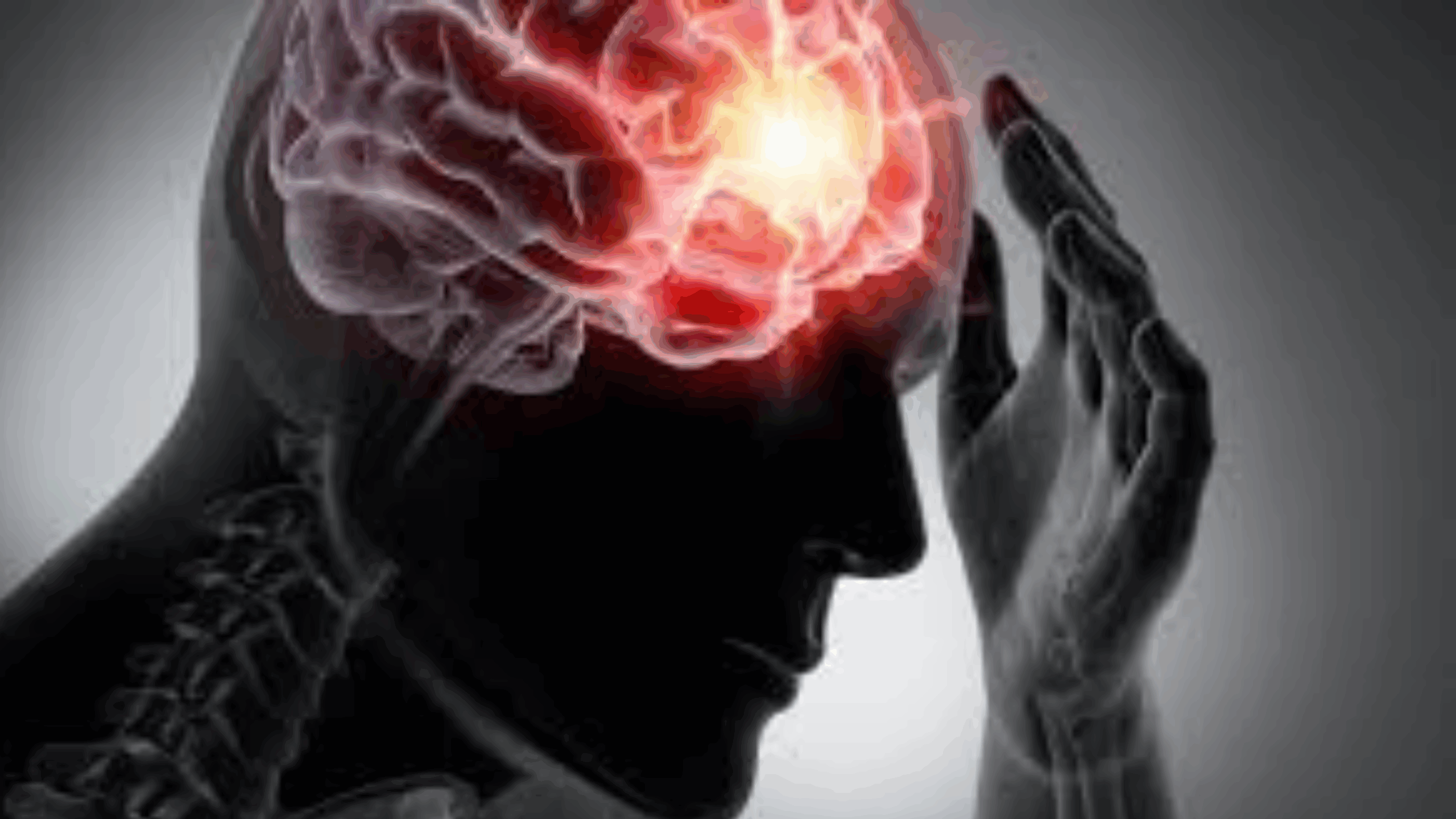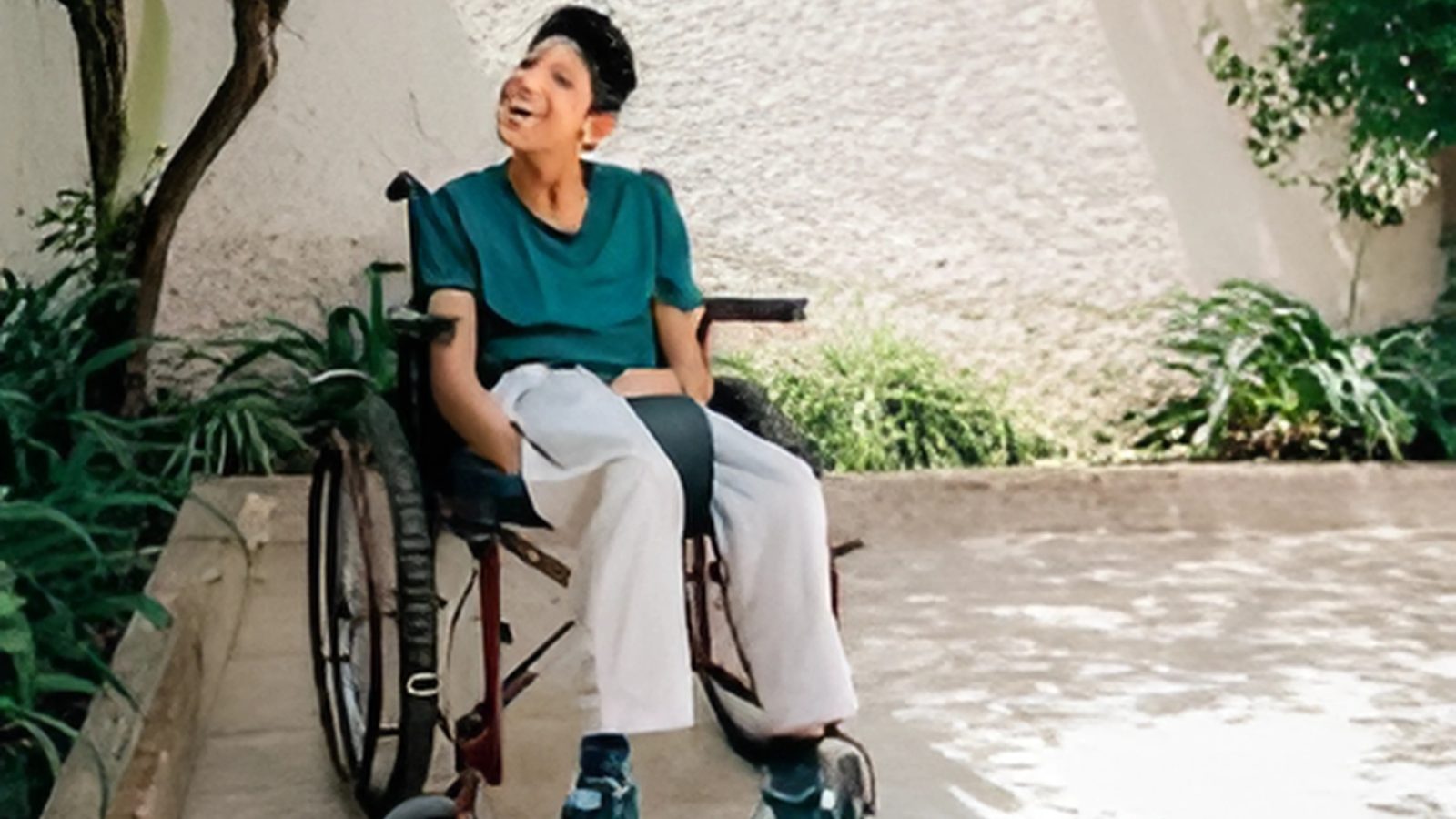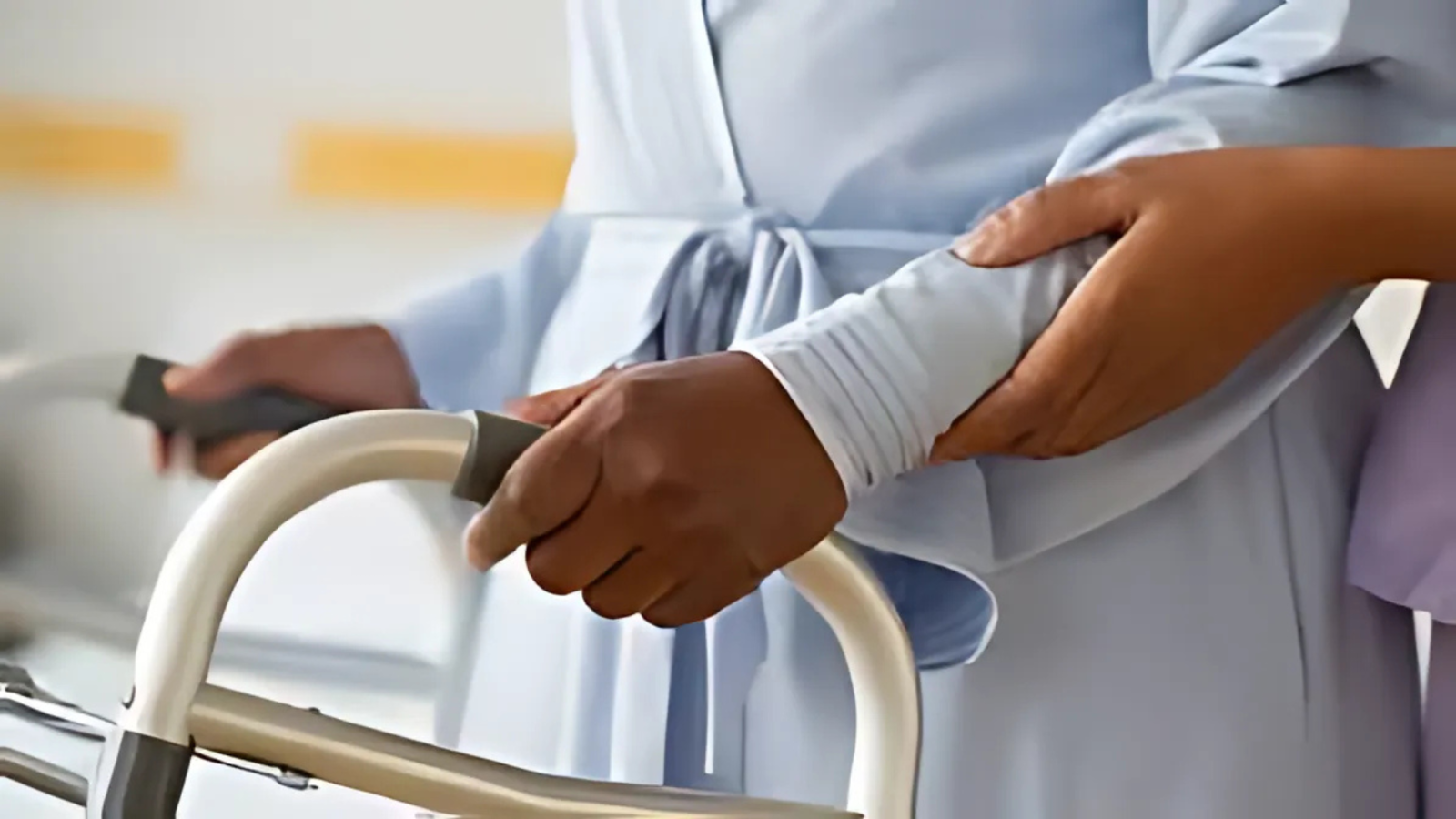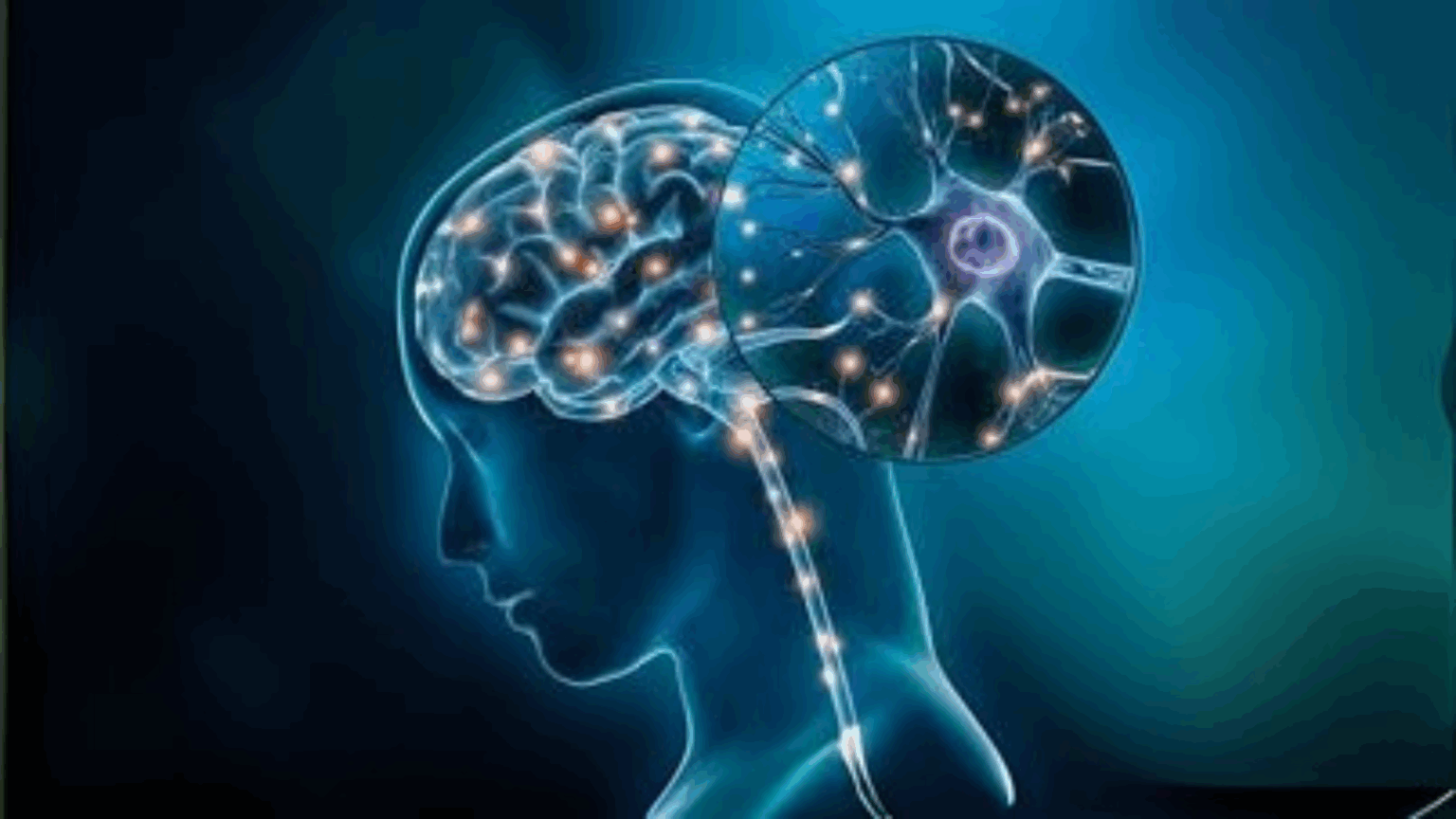Traumatic Brain Injury
Traumatic Brain Injury
Traumatic Brain Injury (TBI) is a complex and potentially life-altering condition that occurs when the brain is damaged due to external forces, such as a blow to the head or a penetrating injury. TBI can have a significant impact on cognitive, emotional, and physical function, and its effects can vary widely depending on the severity and location of the injury.

Causes of Traumatic Brain Injury
TBI can result from various causes, including:
Falls: Slipping, tripping, or falling, especially among older adults and young children.
Motor Vehicle Accidents: Collisions involving cars, motorcycles, bicycles, or pedestrians.
Sports Injuries: Contact sports, such as football, hockey, or soccer, can increase the risk of TBI.
Violence: Physical abuse, domestic violence, or gunshot wounds can cause TBI.
Explosions and Blast Injuries: Military personnel and civilians may be at risk.
Other Causes: Other causes of TBI include sports injuries, physical altercations, and industrial accidents.
Symptoms of Traumatic Brain Injury
The symptoms of TBI can vary depending on the severity and location of the injury. Common symptoms include:
Cognitive Impairments: Memory loss, difficulty concentrating, and impaired judgment.
Physical Disabilities: Headaches, fatigue, sleep disturbances, and sensory problems.
Emotional and Behavioral Changes: Mood swings, irritability, anxiety, depression, and personality changes.
Seizures: Uncontrolled electrical activity in the brain leading to convulsions.
Diagnosis and Treatment
Diagnosing TBI involves a combination of clinical evaluation and diagnostic tests, such as:
Glasgow Coma Scale (GCS): Assessing the severity of TBI based on eye opening, verbal response, and motor response.
Imaging Tests: CT scans or MRI scans to detect structural abnormalities in the brain.
Neurological Examination: Assessing reflexes, motor function, sensory abilities, and cognitive function.
Treatment for TBI depends on the severity and location of the injury. Common treatments include:
Emergency Care: Stabilizing the patient, controlling bleeding, and preventing further injury.
Surgery: Removing blood clots, repairing skull fractures, or relieving pressure on the brain.
Medications: To manage symptoms, prevent seizures, and promote recovery.
Rehabilitation: Physical, occupational, and speech therapy to improve cognitive and motor function.
Recovery and Rehabilitation
Recovery from TBI can be a long and challenging process. Rehabilitation can help improve cognitive and motor function, but the extent of recovery varies widely. Some people may experience significant improvement, while others may require long-term or lifelong rehabilitation.
The breakthrough Neuro Cytotron therapy , offer new hope for individuals with TBI. By understanding the causes and symptoms, we can work towards improving the lives of those affected by this condition.





